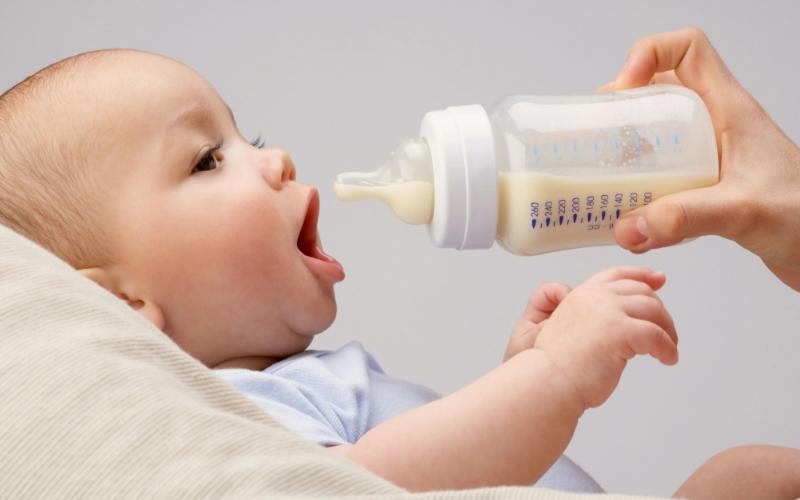China Implements Production Caps to Stabilize Falling Meat and Dairy Prices
China is set to introduce measures to curtail dairy and beef production, aiming to stabilize declining prices, according to a Reuters report that cited a statement from an agriculture official on Wednesday.

These new regulations extend existing controls already placed on pork producers, as consumer meat consumption wanes amidst a slowing economy.
The country, which stands as the world's largest meat consumer, is experiencing price drops across pork, beef, dairy, and poultry sectors as consumers reduce spending due to economic pressures.
Wang Lejun, Chief Animal Husbandry Officer at the agriculture ministry, indicated significant price drops in the first half of the year, with beef and raw milk prices falling by 12.1% and 12.5%, respectively. "The resulting financial losses for beef cattle and dairy cow breeders are considerable," Wang explained to reporters.
The proposed strategy includes guiding farms to refine herd structures by moderately culling older and less productive cows, thereby aligning production more closely with market demands. Despite these efforts, the livestock market remains robustly supplied, maintaining pressure on prices.
Production statistics from the first six months show a modest year-on-year increase of 0.6% across the pork, beef, mutton, and poultry sectors. Additionally, egg production escalated by 2.7%, and milk output grew by 3.4%.
Earlier this year, Beijing enforced regulations to diminish the breeding sow population, responding to excessive expansions by farms over the last two years, which precipitated a surplus of pork and subsequent financial losses for producers. June saw the introduction of further rules aimed at regulating beef cattle production.
Despite efforts to downsize the pig herd bolstering a recovery in pork prices, Wang forecasts that beef and dairy prices will continue to languish in the lower half of the year. He noted a 6.4% annual reduction in hog herds, with sow numbers in June registering at 40.38 million.
Moreover, China’s meat imports in the initial half of 2024 saw a significant 13.4% drop compared to the previous year, with pork and poultry imports experiencing the sharpest declines.
The country, which stands as the world's largest meat consumer, is experiencing price drops across pork, beef, dairy, and poultry sectors as consumers reduce spending due to economic pressures.
Wang Lejun, Chief Animal Husbandry Officer at the agriculture ministry, indicated significant price drops in the first half of the year, with beef and raw milk prices falling by 12.1% and 12.5%, respectively. "The resulting financial losses for beef cattle and dairy cow breeders are considerable," Wang explained to reporters.
The proposed strategy includes guiding farms to refine herd structures by moderately culling older and less productive cows, thereby aligning production more closely with market demands. Despite these efforts, the livestock market remains robustly supplied, maintaining pressure on prices.
Production statistics from the first six months show a modest year-on-year increase of 0.6% across the pork, beef, mutton, and poultry sectors. Additionally, egg production escalated by 2.7%, and milk output grew by 3.4%.
Earlier this year, Beijing enforced regulations to diminish the breeding sow population, responding to excessive expansions by farms over the last two years, which precipitated a surplus of pork and subsequent financial losses for producers. June saw the introduction of further rules aimed at regulating beef cattle production.
Despite efforts to downsize the pig herd bolstering a recovery in pork prices, Wang forecasts that beef and dairy prices will continue to languish in the lower half of the year. He noted a 6.4% annual reduction in hog herds, with sow numbers in June registering at 40.38 million.
Moreover, China’s meat imports in the initial half of 2024 saw a significant 13.4% drop compared to the previous year, with pork and poultry imports experiencing the sharpest declines.










